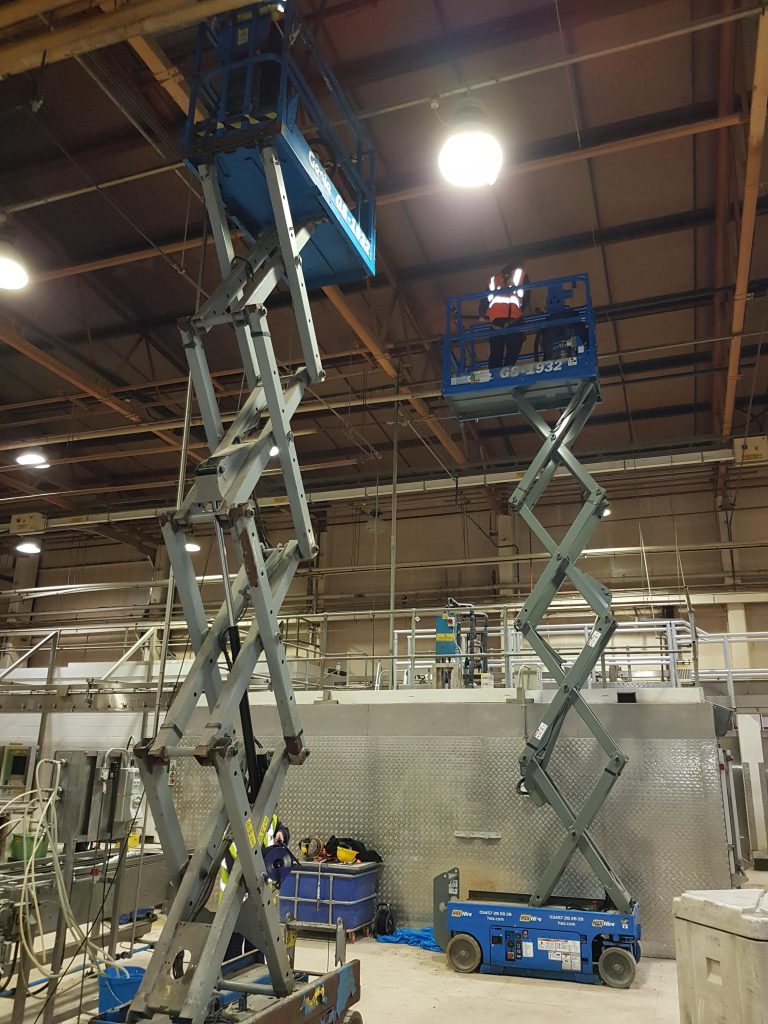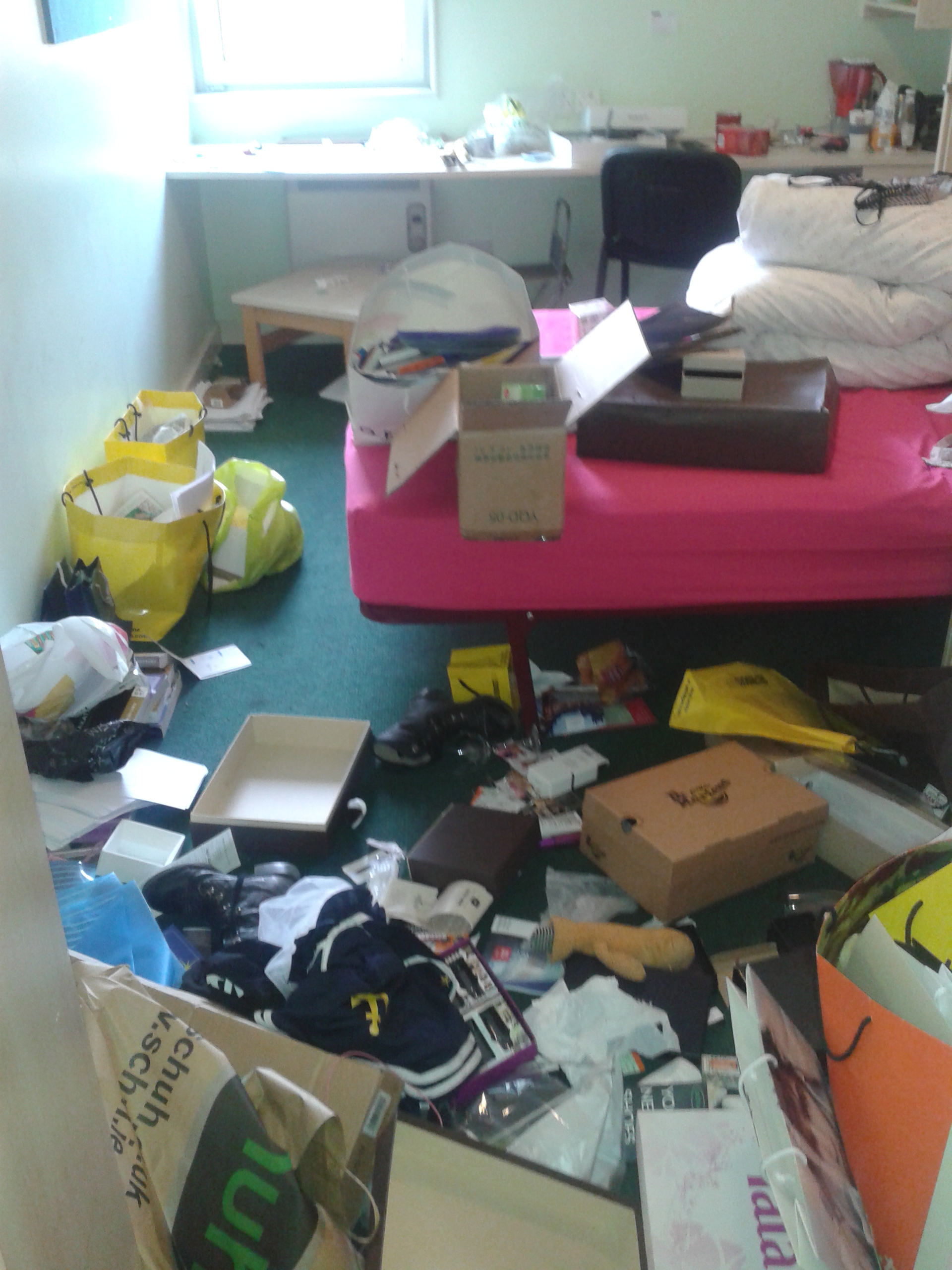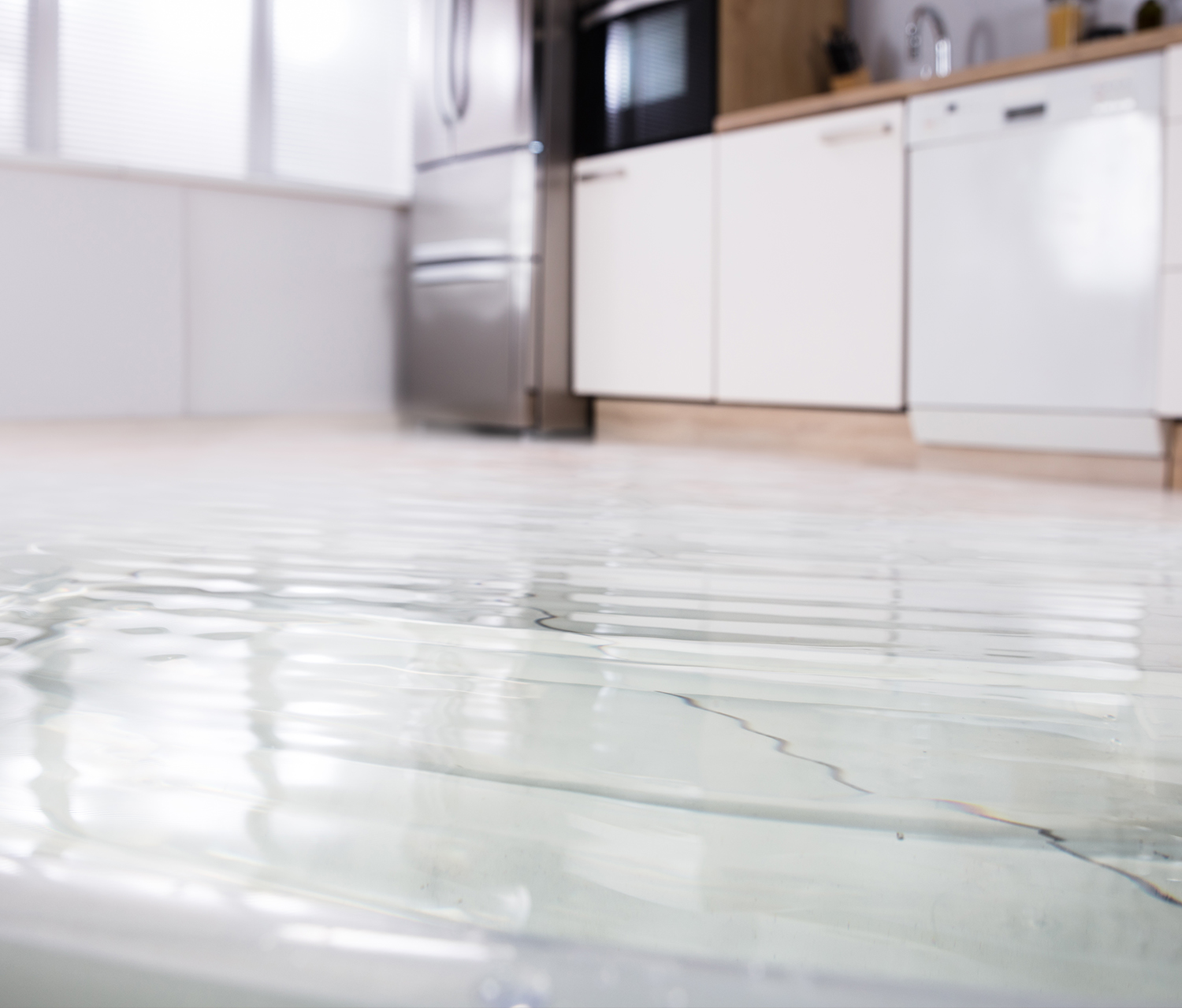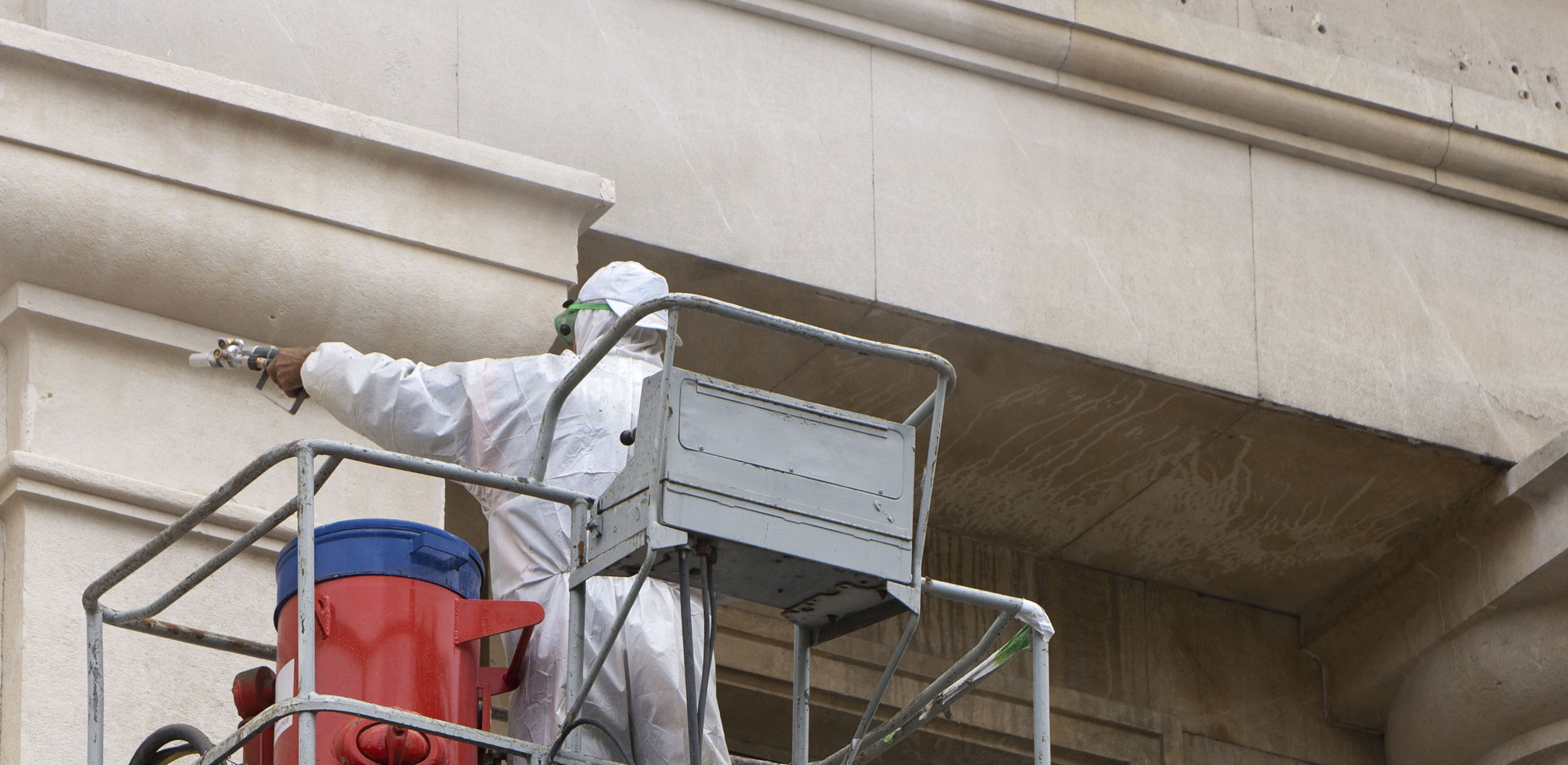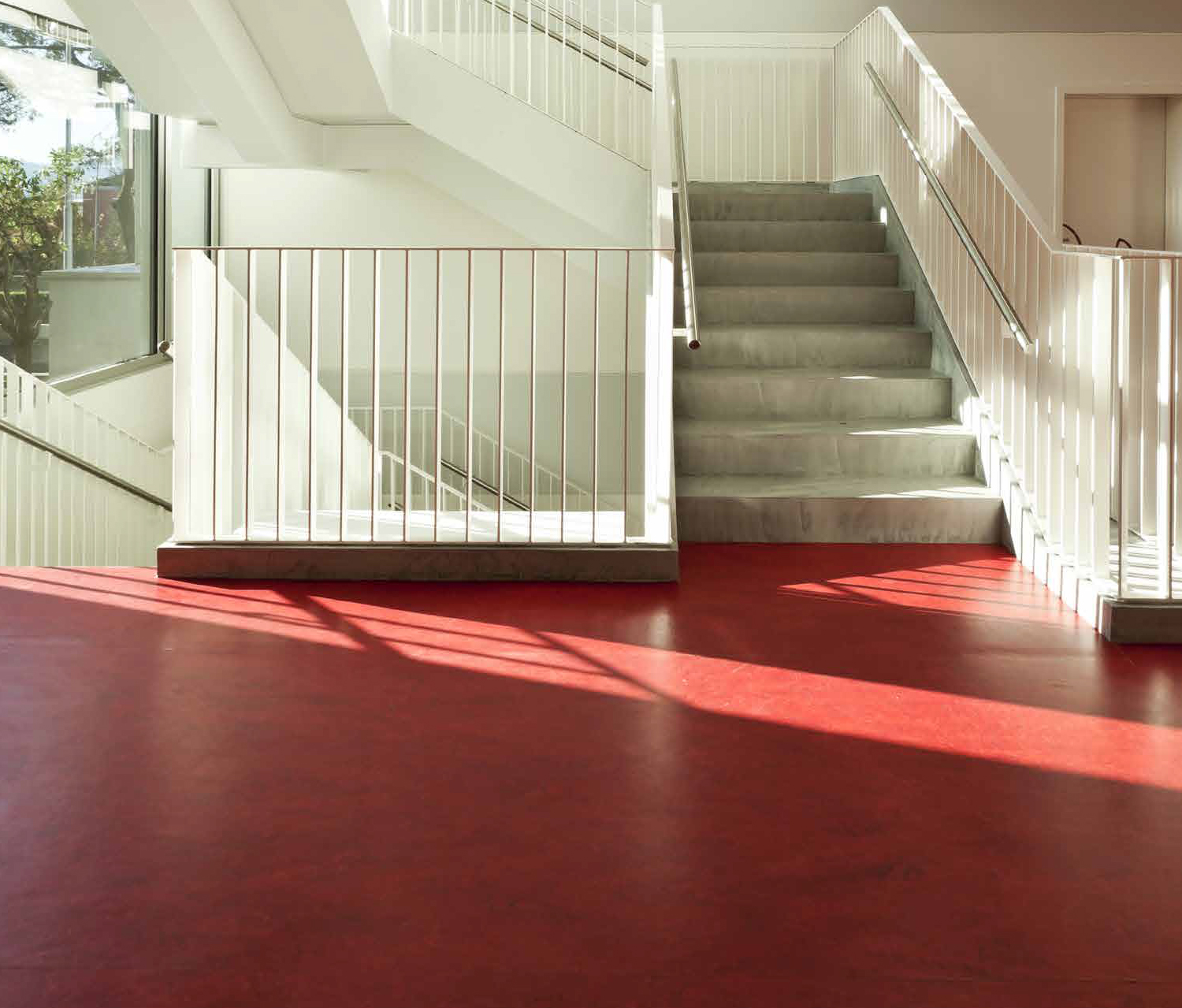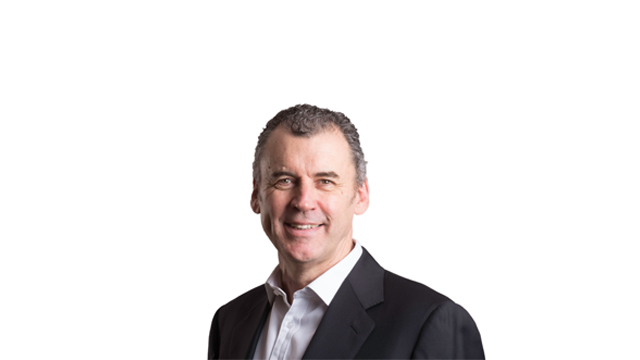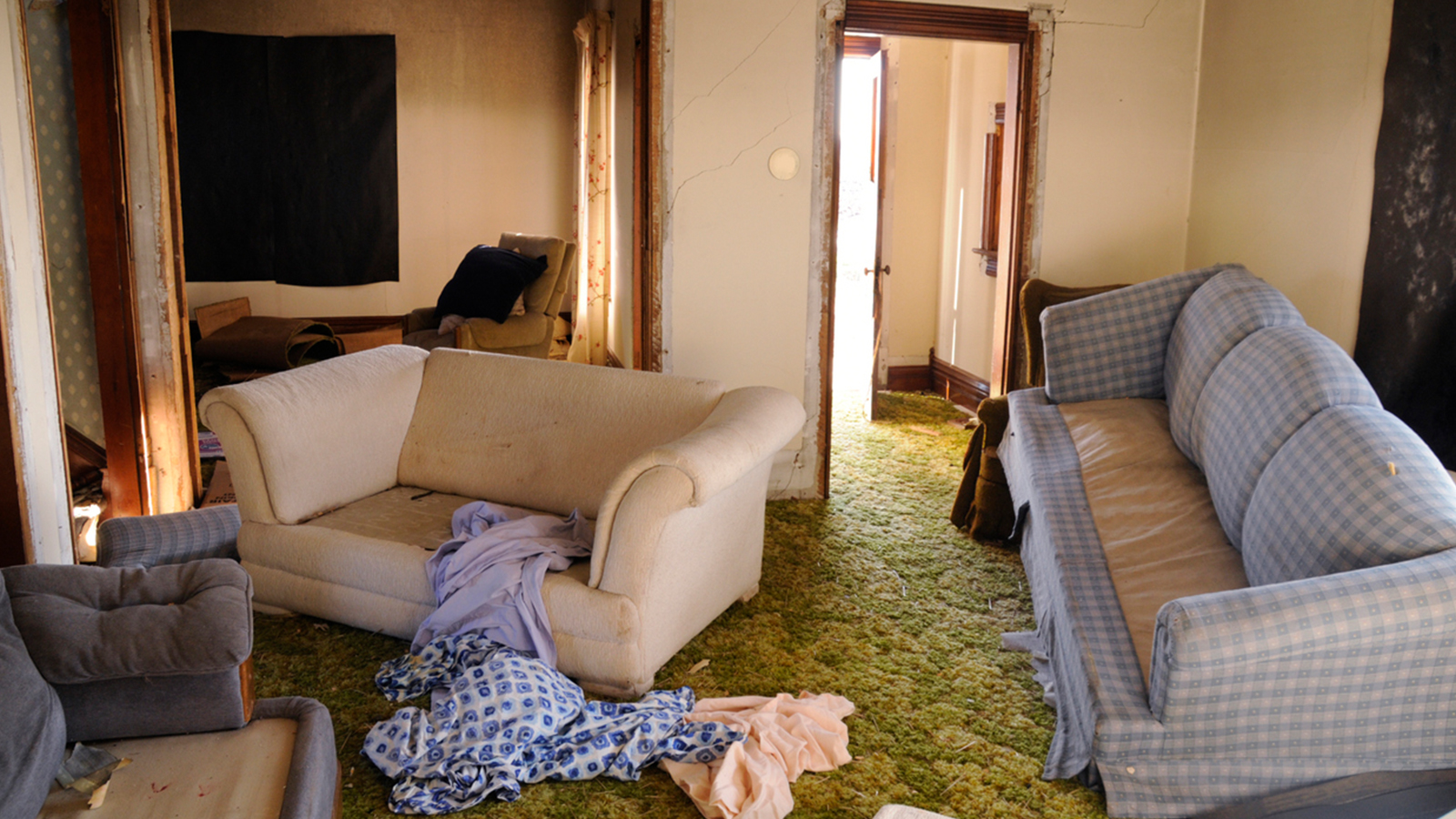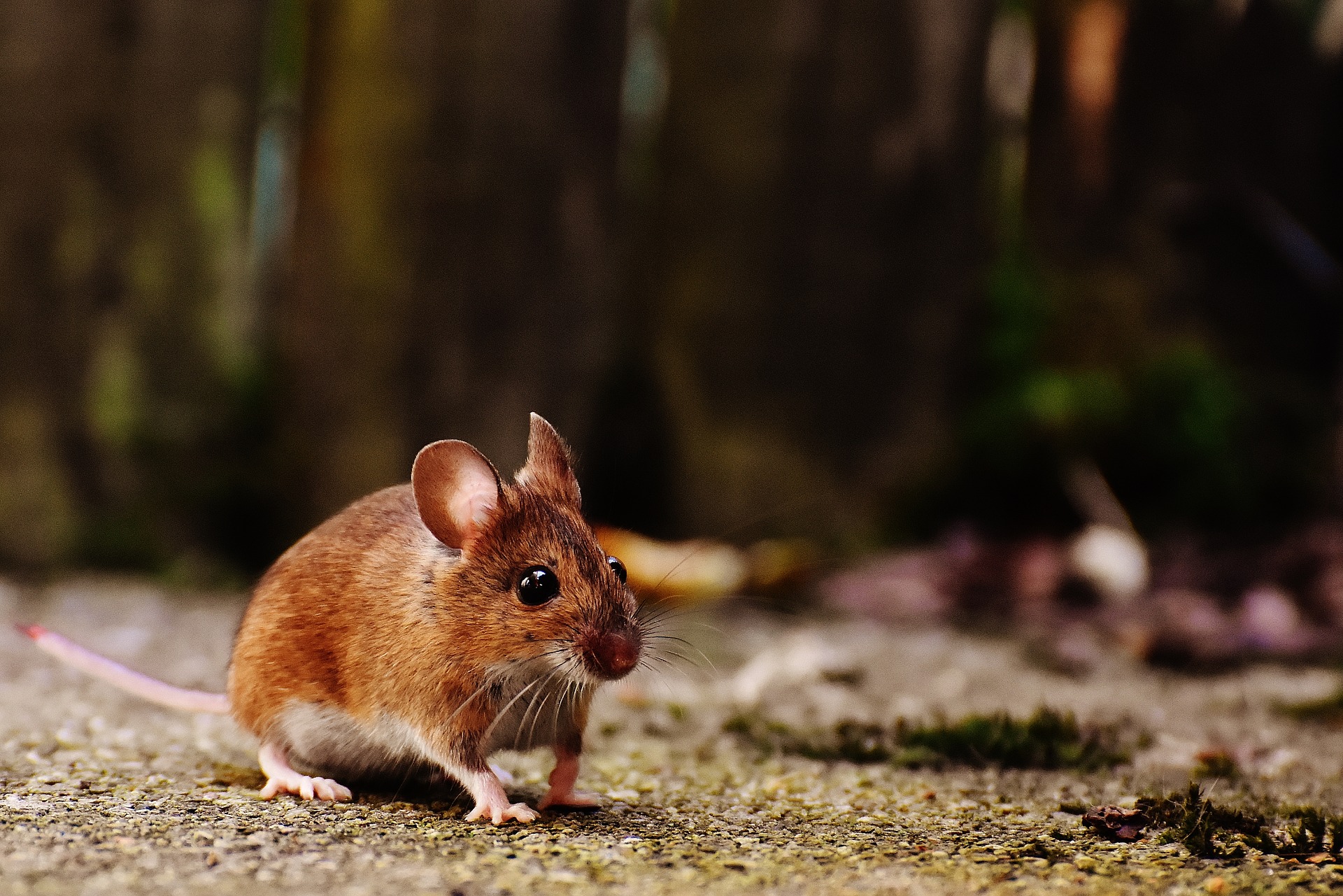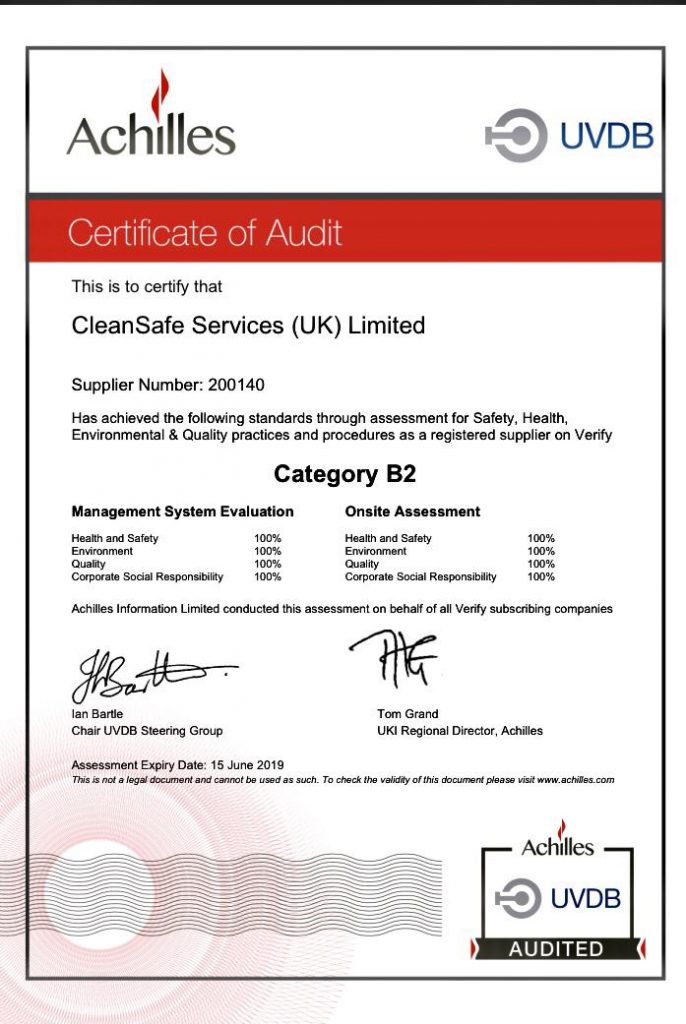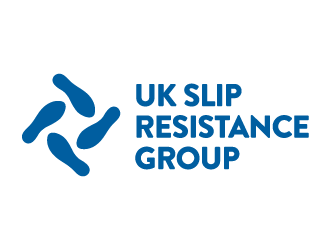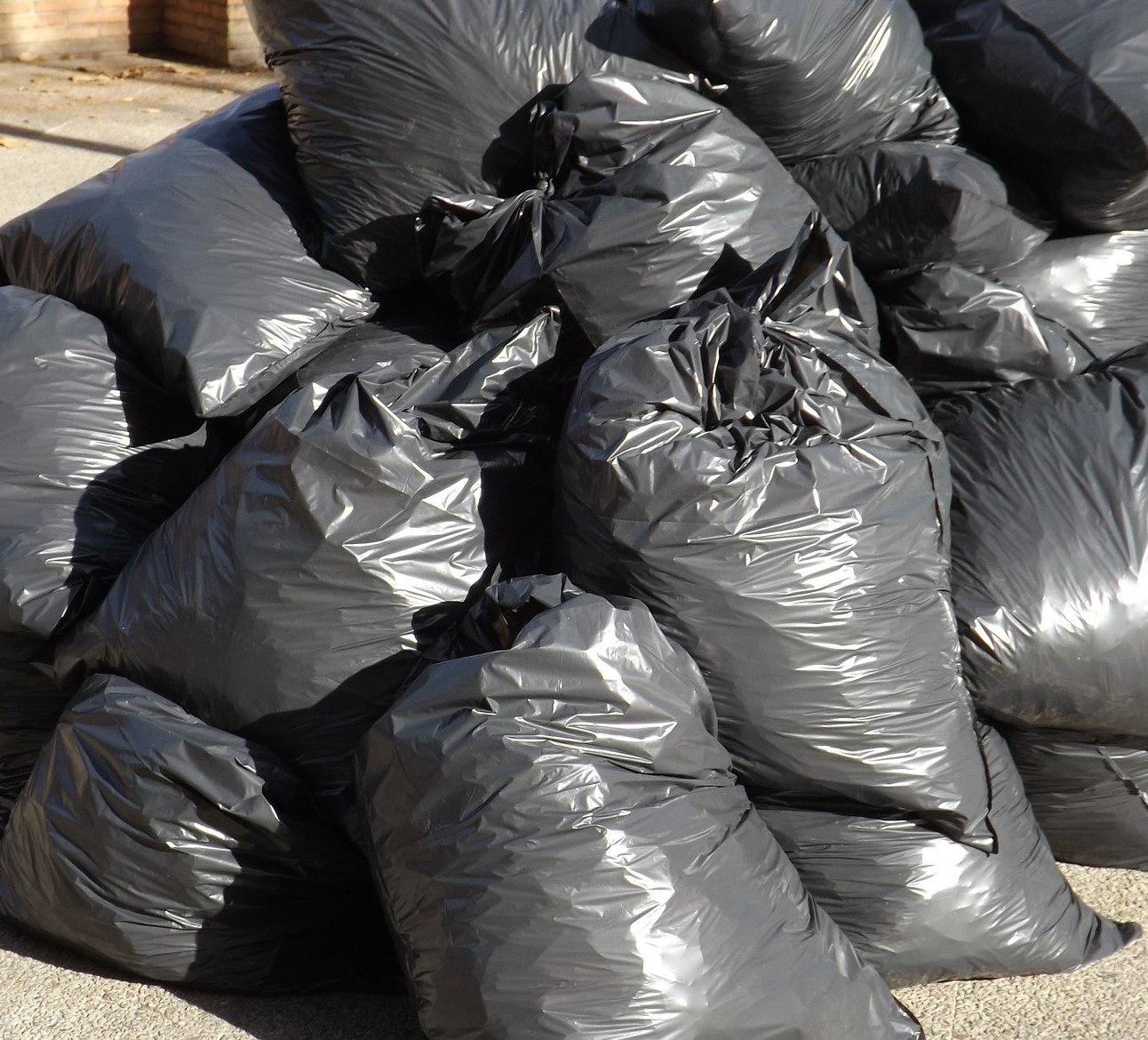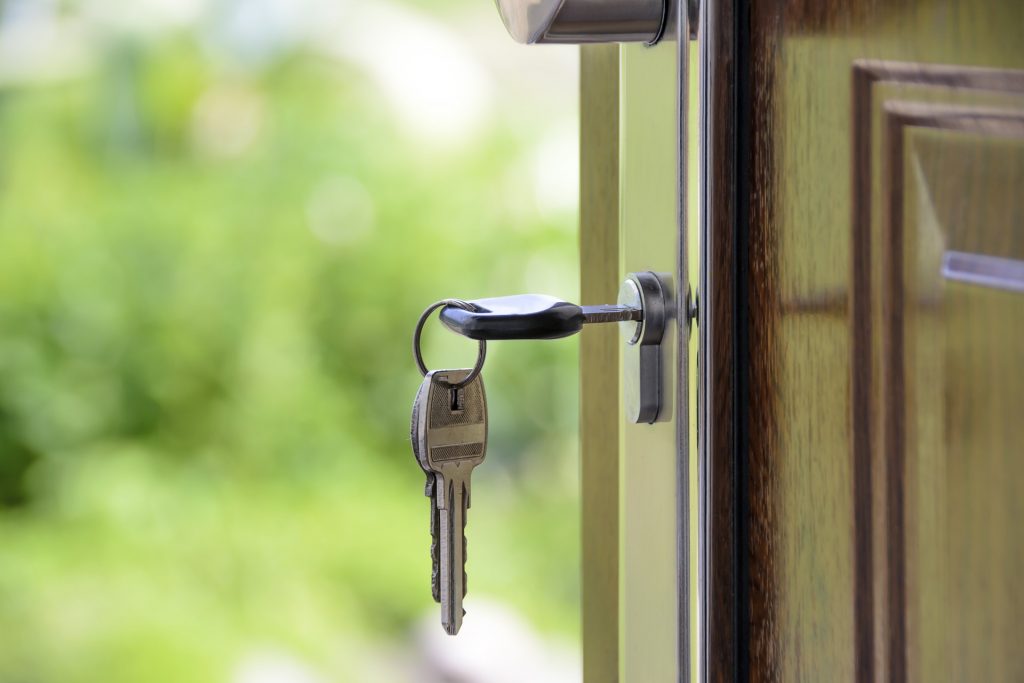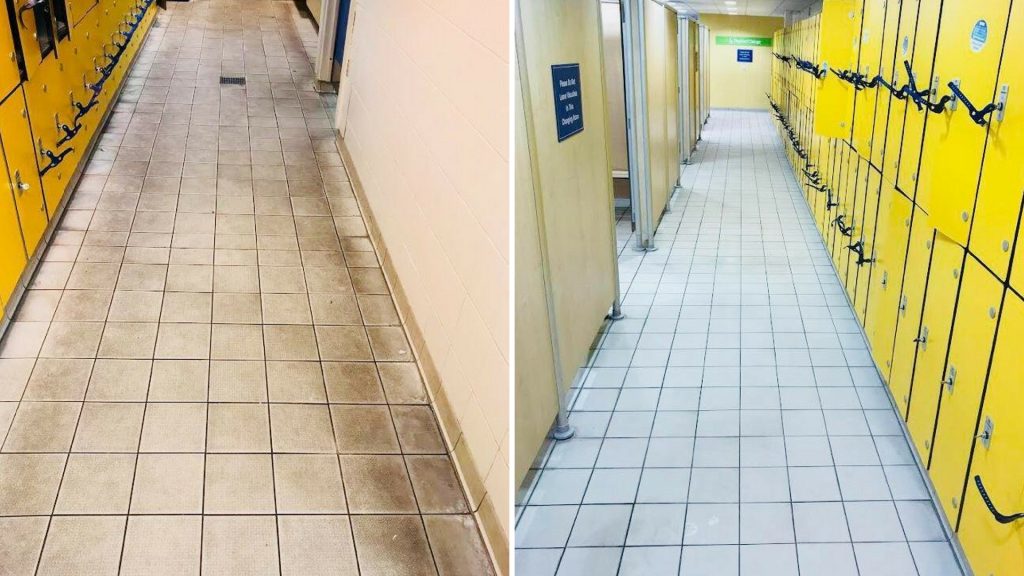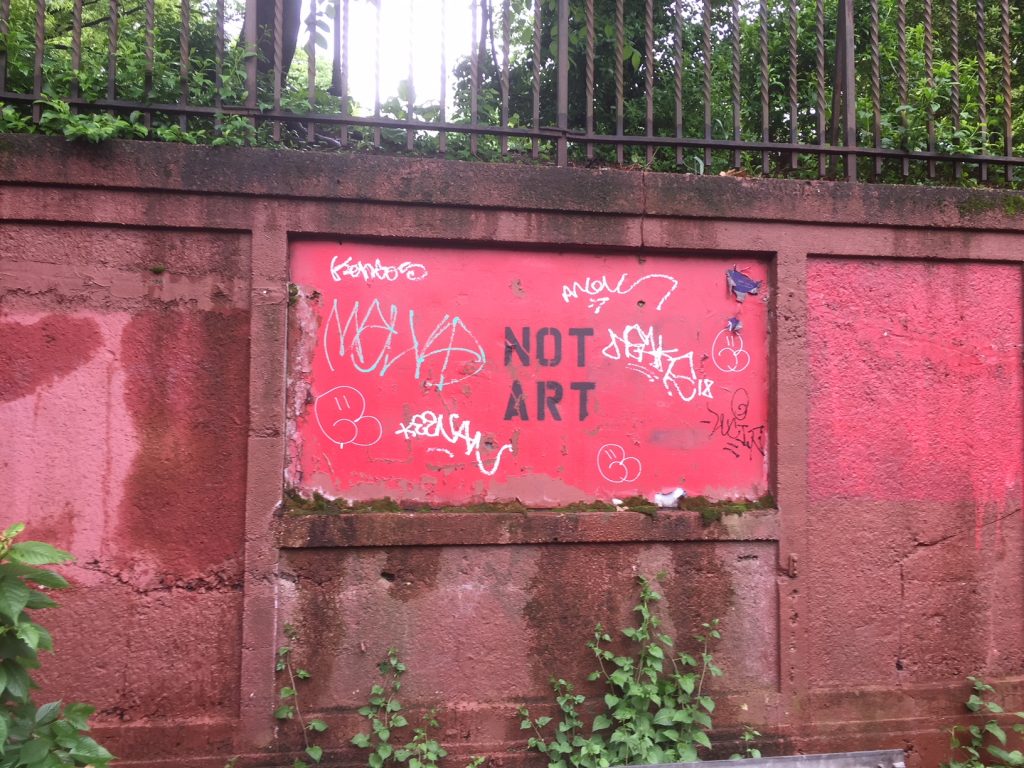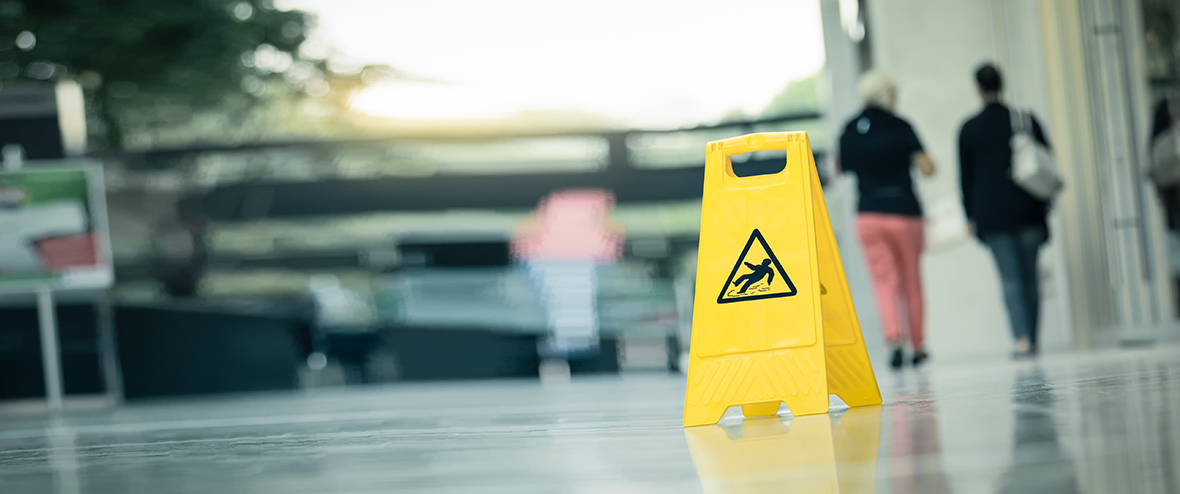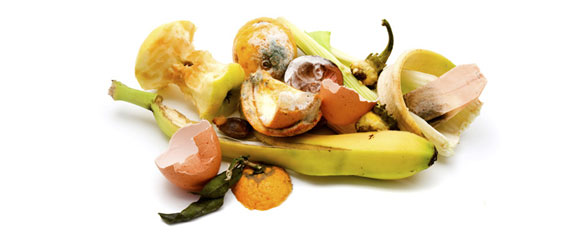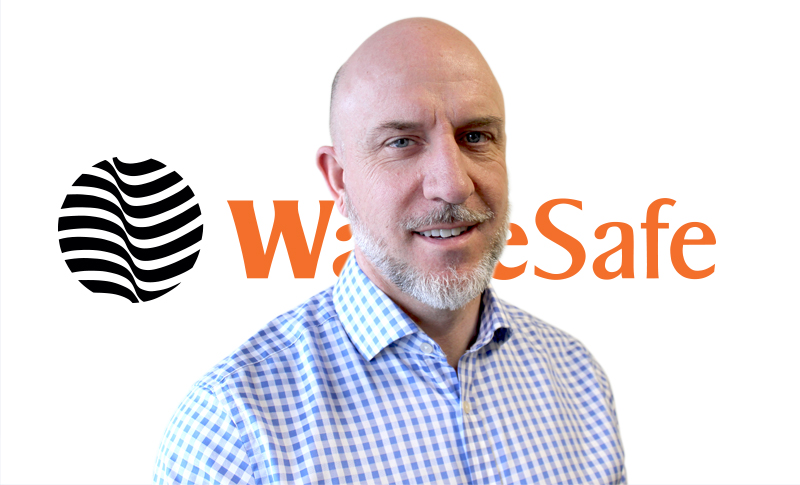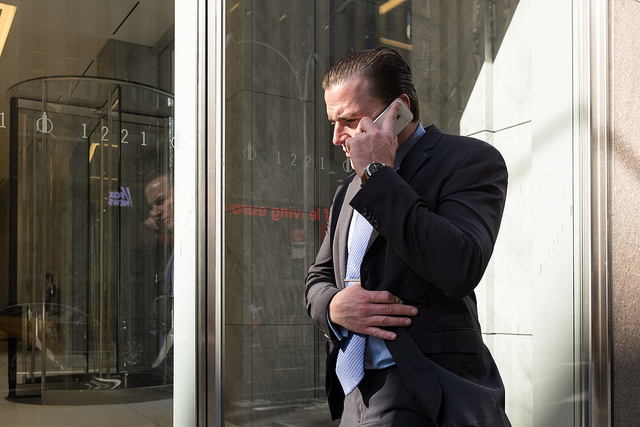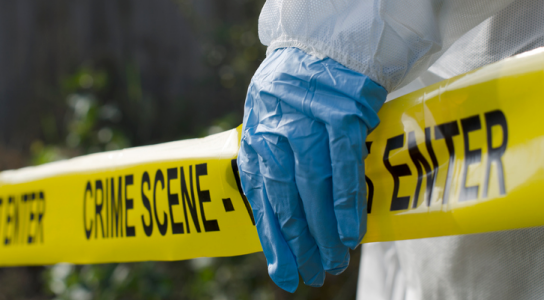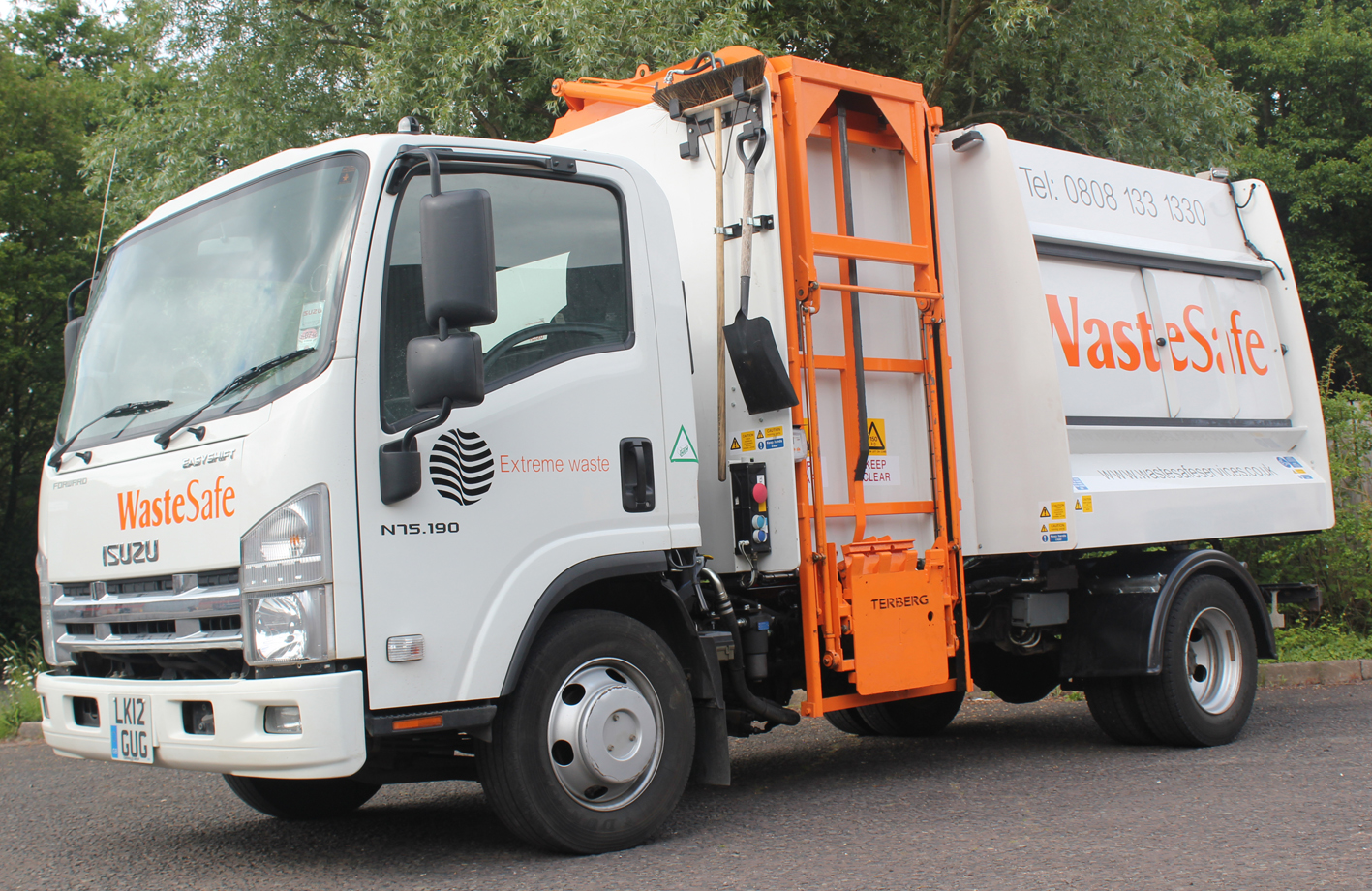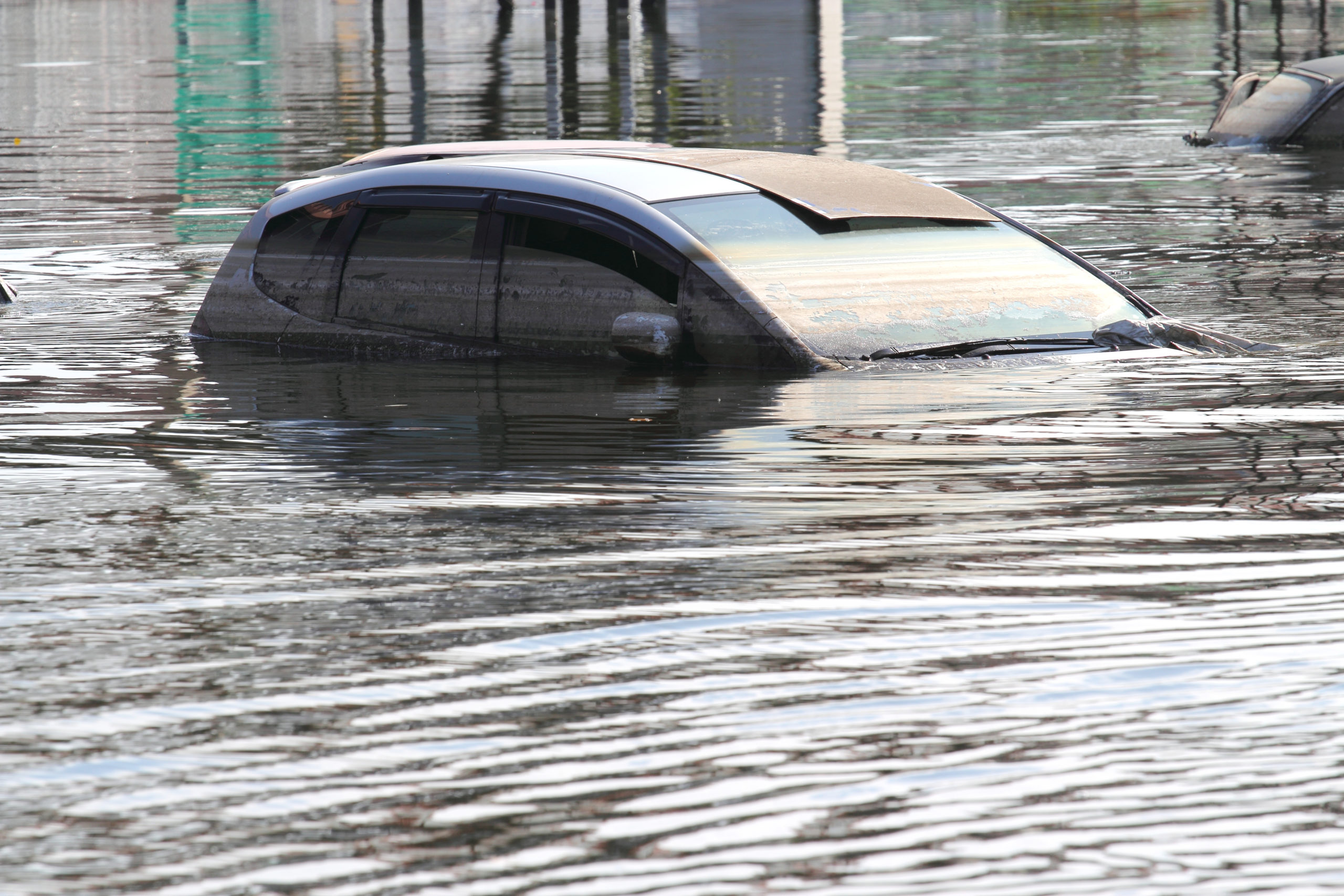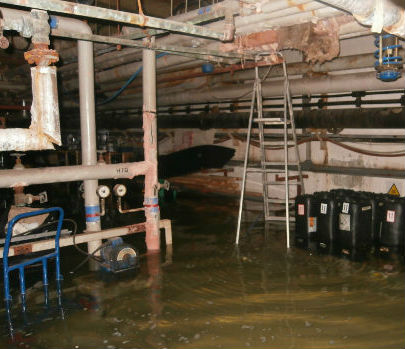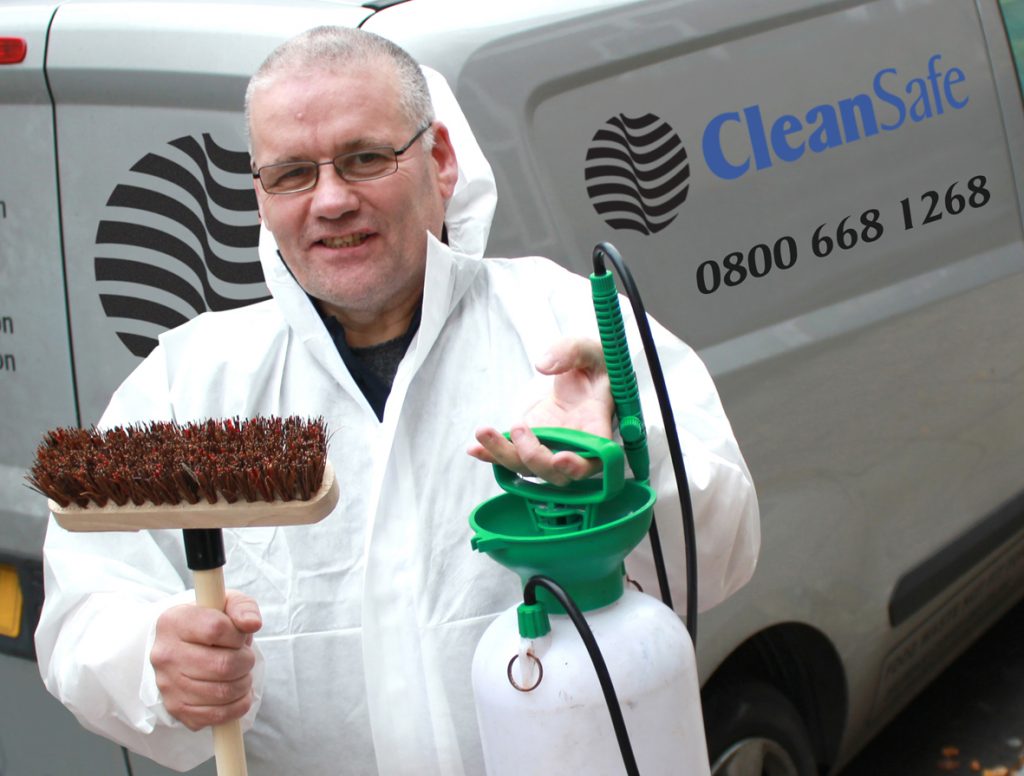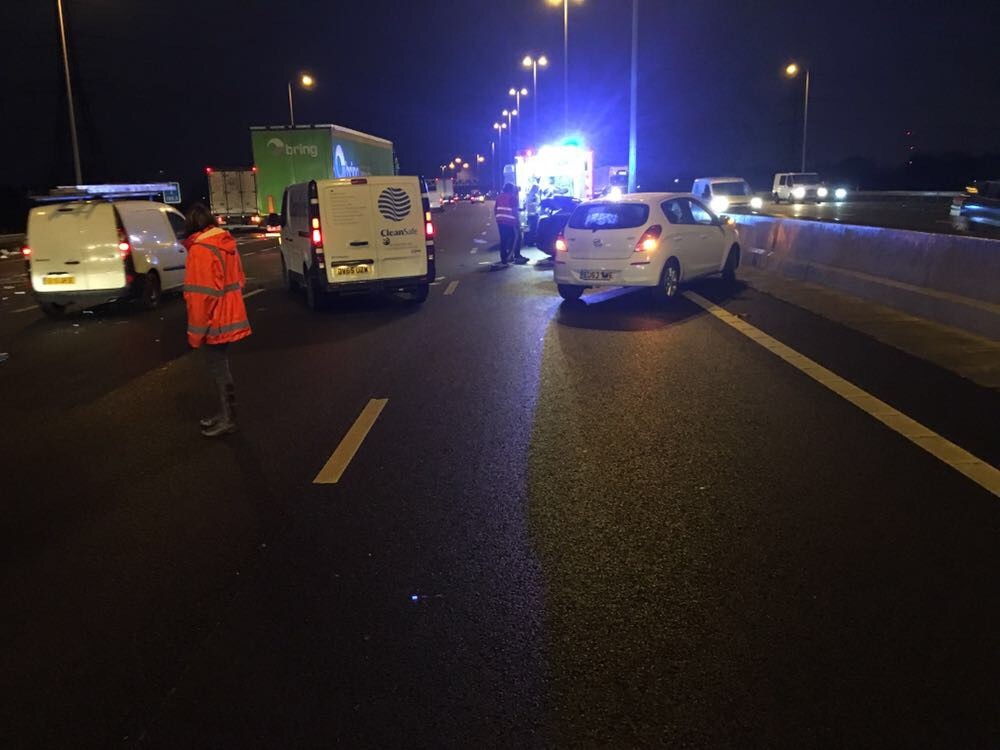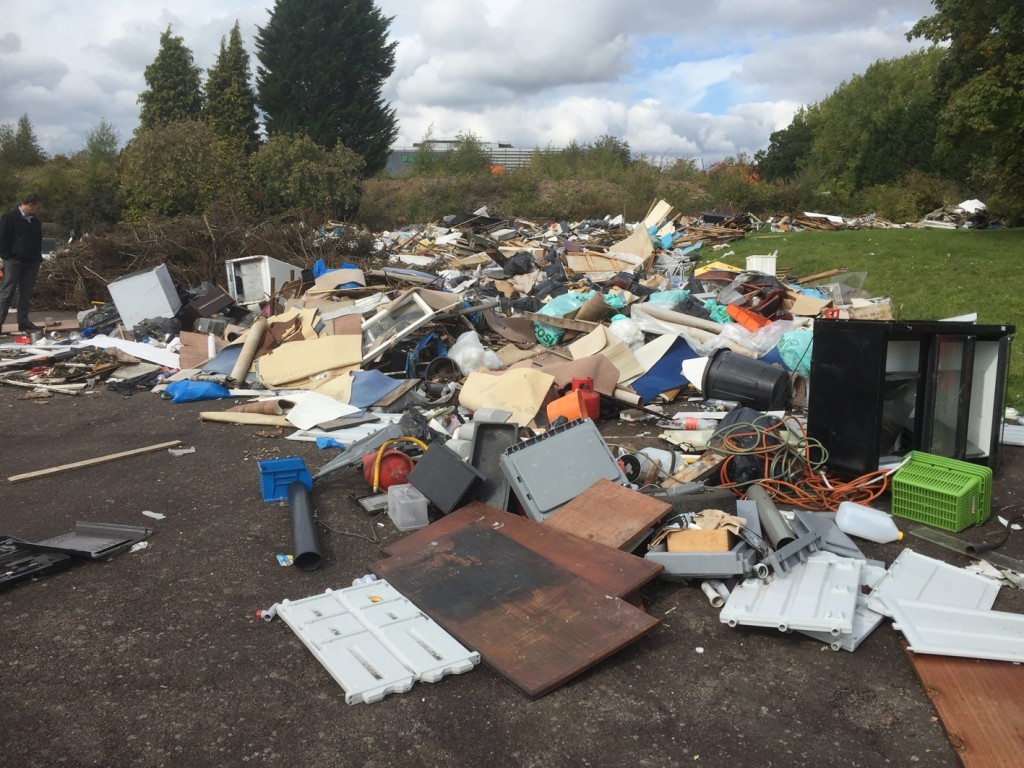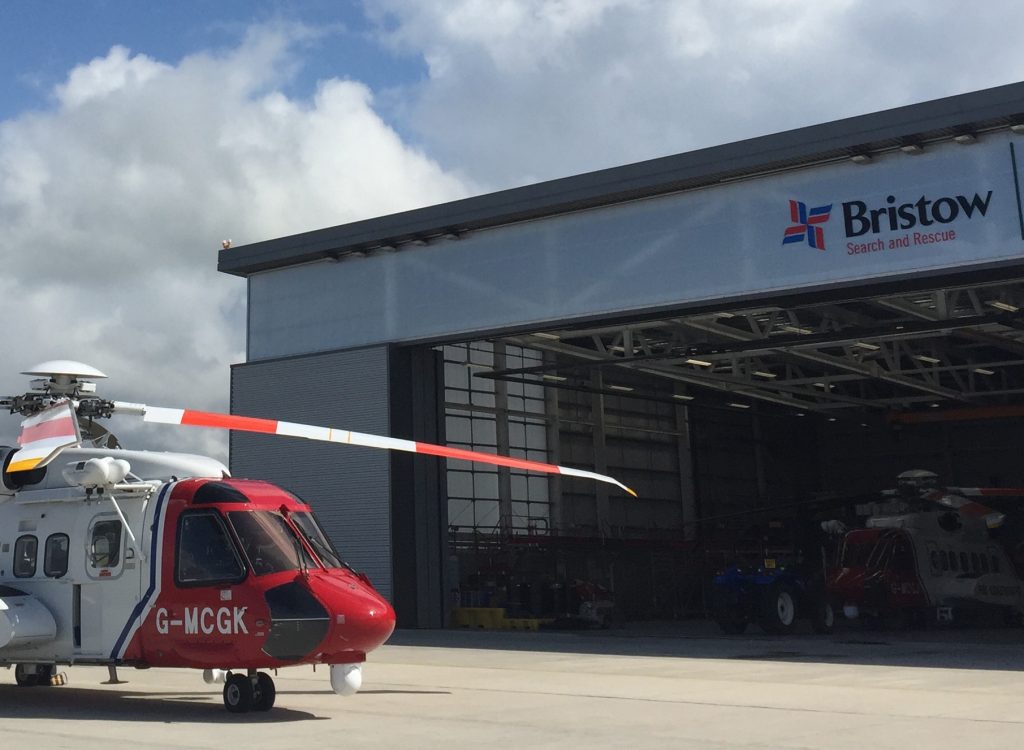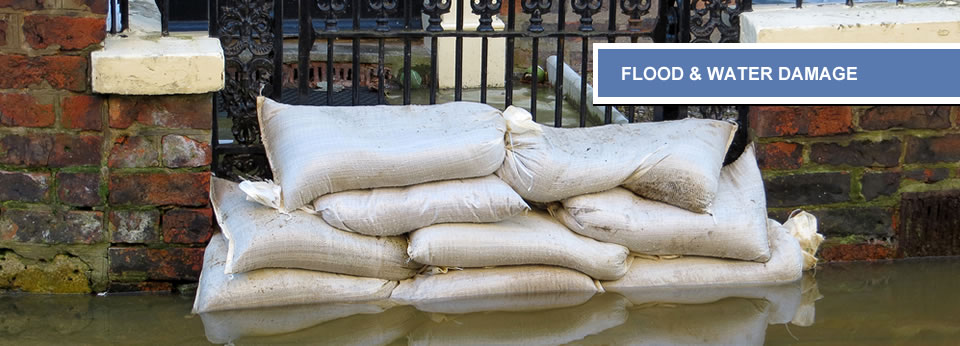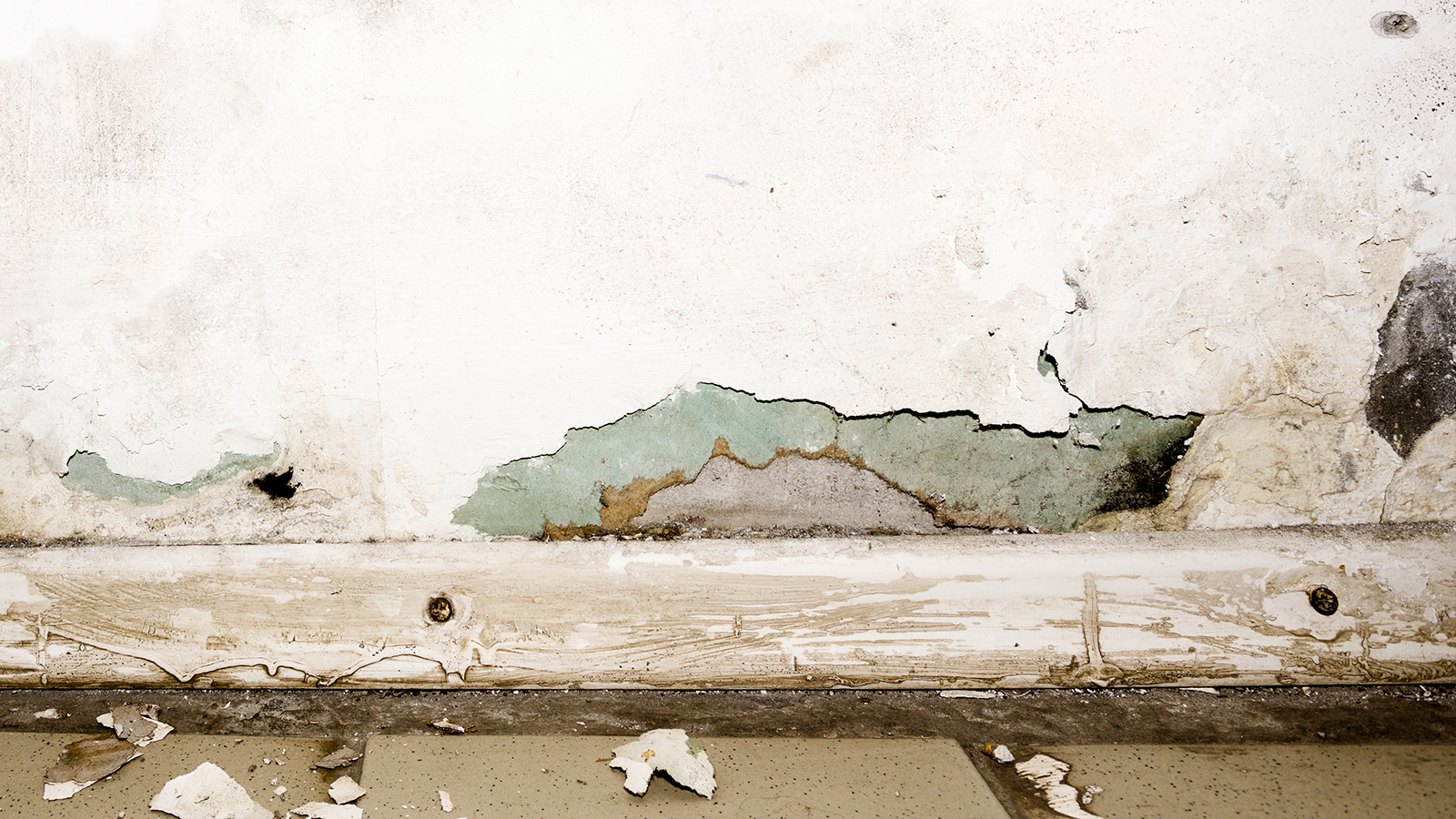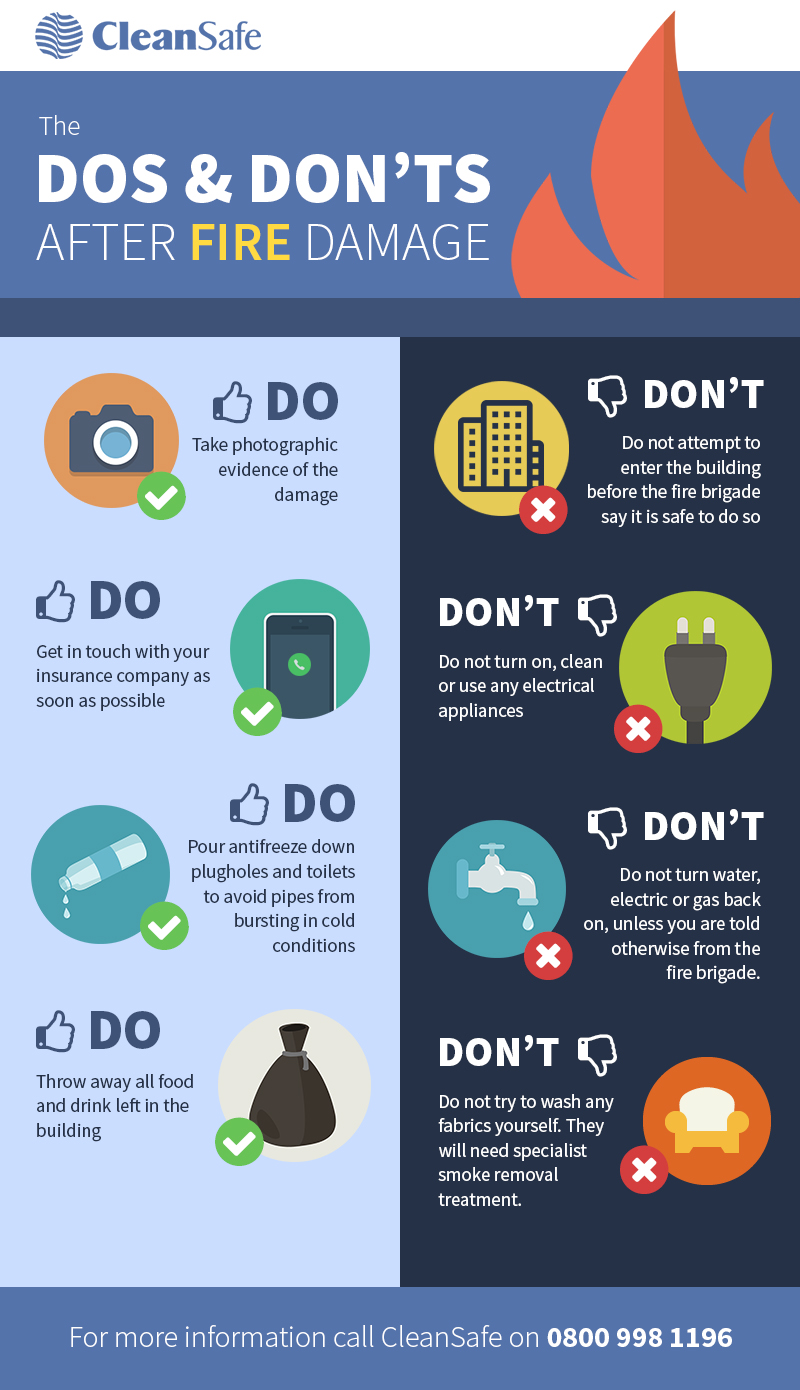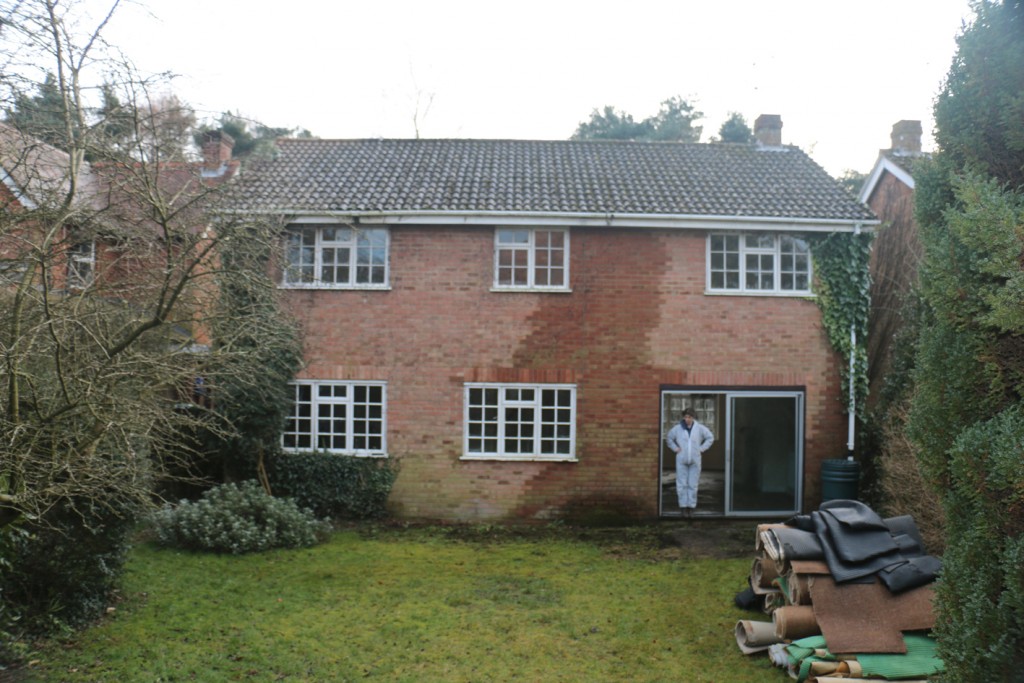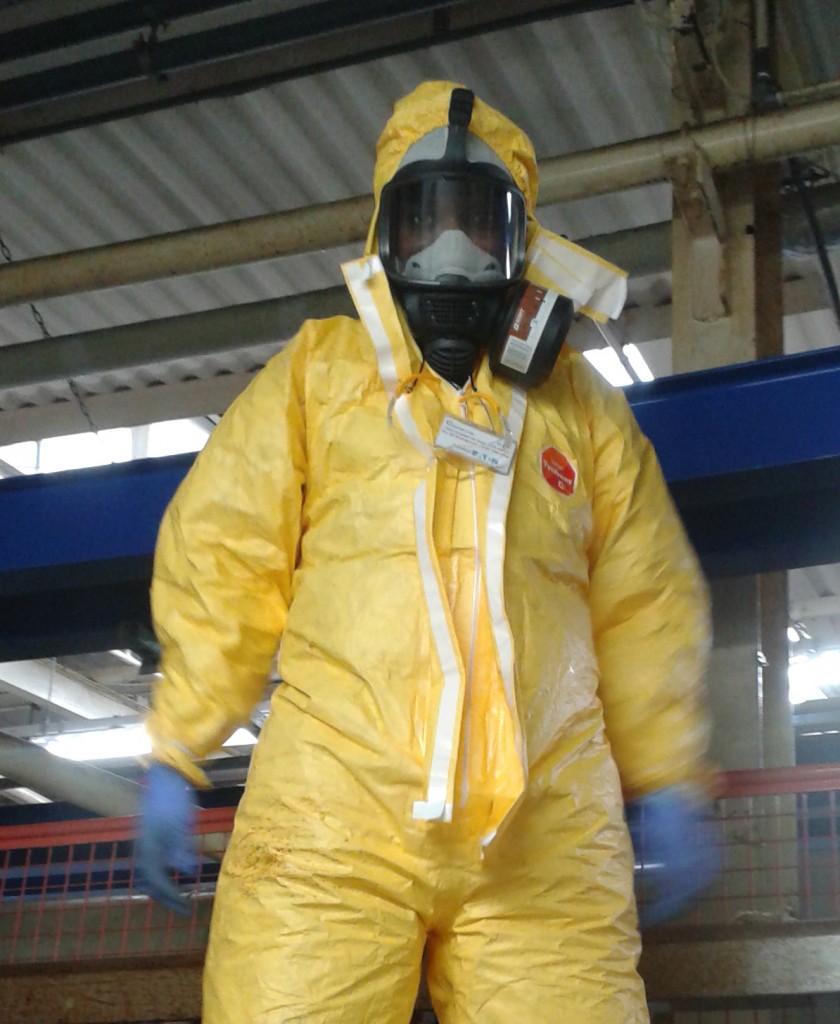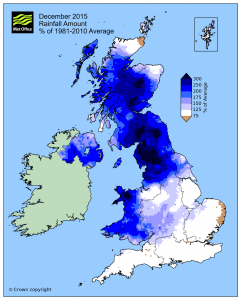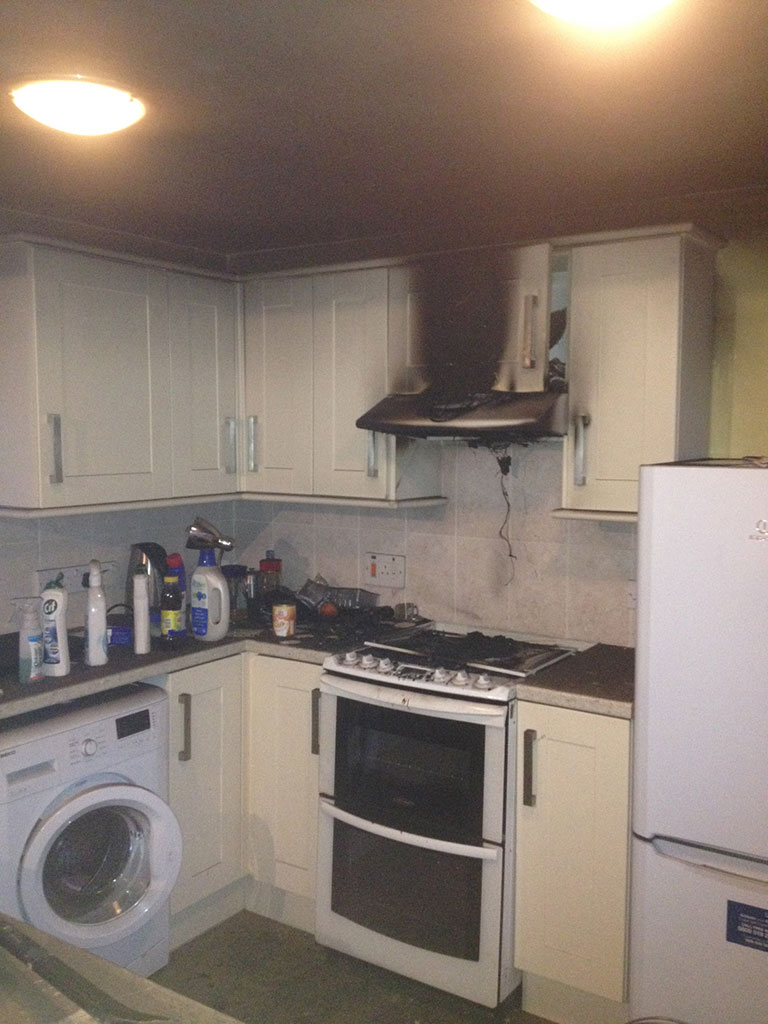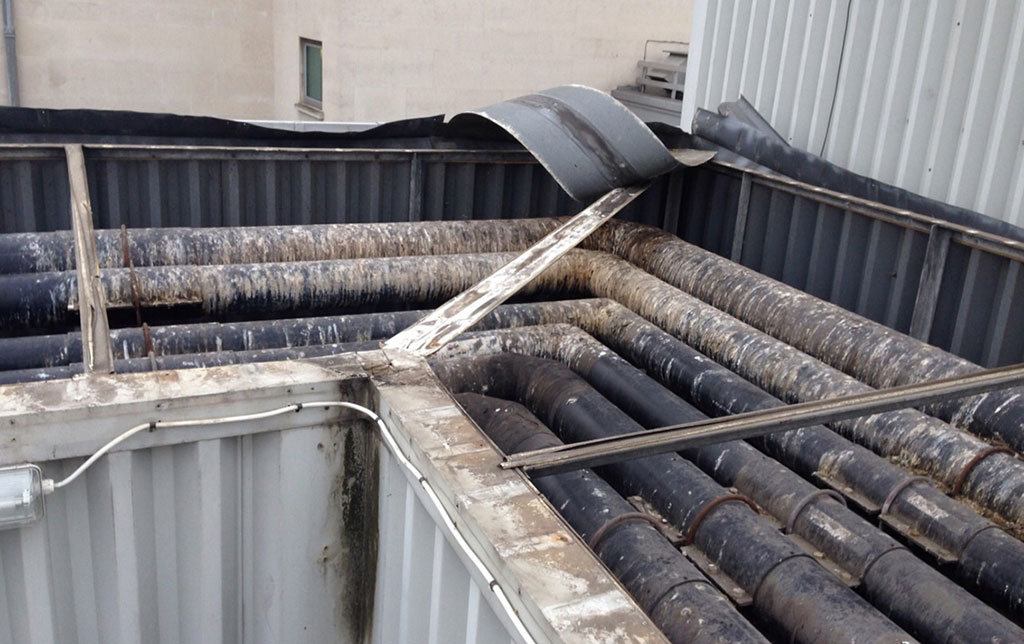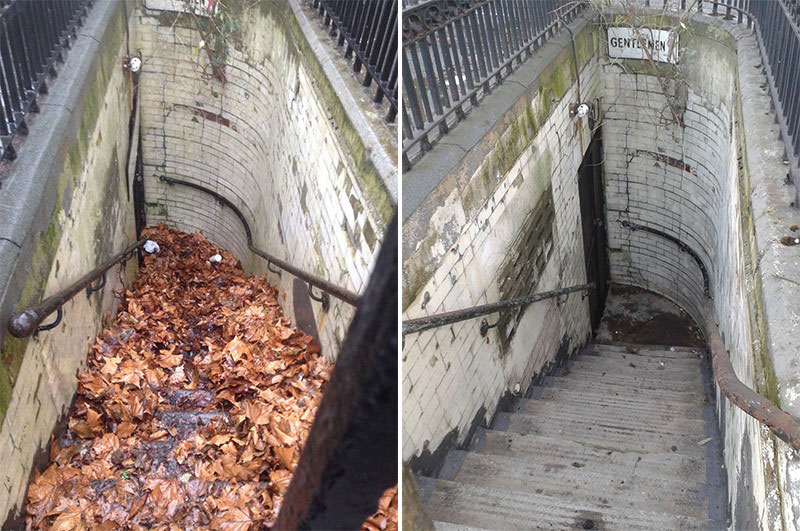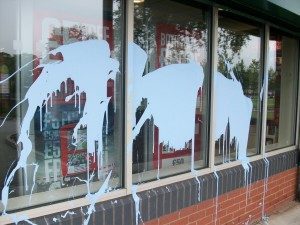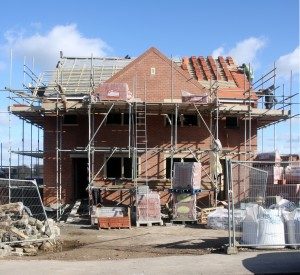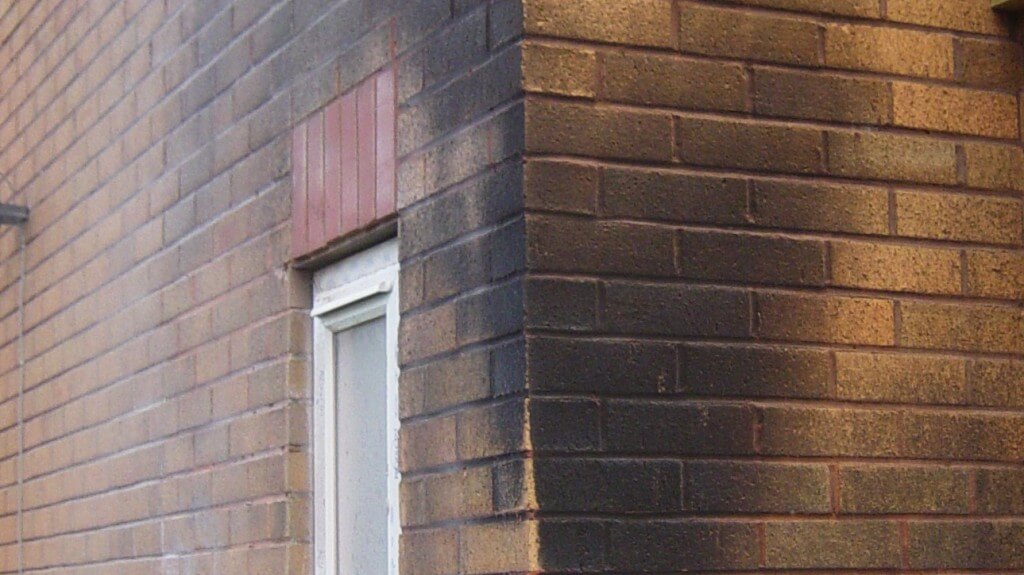Extreme cleaning specialists CleanSafe have been asked by a Government agency to consider how it would support cleaning facilities at risk from being contaminated with the ebola virus.
The request has been made as part of detailed plans to manage the movement to and from the UK of military personnel and health professional volunteers who are responding to the ebola outbreak in West Africa.
CleanSafe Managing Director Steve Broughton said that, in response to the enquiries, CleanSafe has put together an emergency plan to show how it can support environmental cleaning and decontamination following a potential case of ebola in the UK.
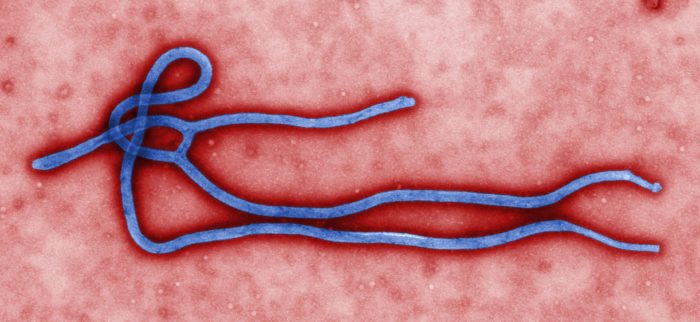
He added: “We researched the ebola cleaning guidance published by agencies such as Public Health England. We are confident our proposals are rigorous and meet all requirements for dealing effectively with potential ebola contamination.
“We found that the protective clothing, equipment and extreme cleaning products we already regularly used are in line with what is required for ebola cleaning.
“Also the procedures we have developed for operating in, and cleaning spaces made highly hazardous by the spillage of biological matter closely match those required for ebola contamination cleaning.
“We have also confirmed with our underwriters that, because of our rigorous procedures, experience and expertise, we are already fully ensured to handle ebola cleaning and decontamination tasks.
“This did not surprise us, because we experienced at working in the most extreme cleaning environments in the UK, where hygiene and hazard control standards need to be at their highest.”
CleanSafe Services, which has branches in London, Birmingham, Manchester and Edinburgh, has been asked to submit proposals for secondary ebola cleaning of facilities at risk of being contaminated with the ebola virus.
Government agencies have put contingency plans in place to support the movement of military personnel and NHS health workers to and from the UK.
For ebola cleaning, CleanSafe would use full waterproof disposable body coveralls, a full face hood incorporating a breathing mask and filtered air supply, a mobile decontamination unit, with air locks.
Steve Broughton said: “To prevent cross-contamination during ebola cleaning, after a CleanSafe operative has worked in one room or discreet area, the set of protective clothing they wear would have to be disposed of, and a new set put on to start work in the next area.
“It is a meticulous process, but it has to be to ensure the suspected ebola contamination cleaning process is successful, and our operatives, plus the wider public, remain safe. Thankfully, these are extreme cleaning regimes that we are very familiar with.”
Public Health England has published a range of advice relating to ebola cleaning, including guidance on the environmental cleaning and decontamination of an aircraft following a suspected case of ebola, and environmental cleaning and clinical waste disposal for potential ebola contamination in non-healthcare settings.
For advice on ebola cleaning, contact CleanSafe Services: 0800 668 1268.


